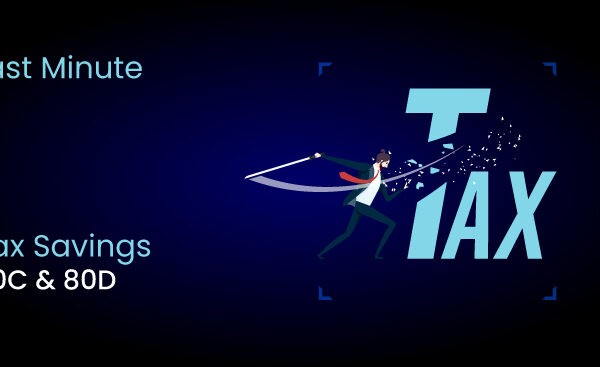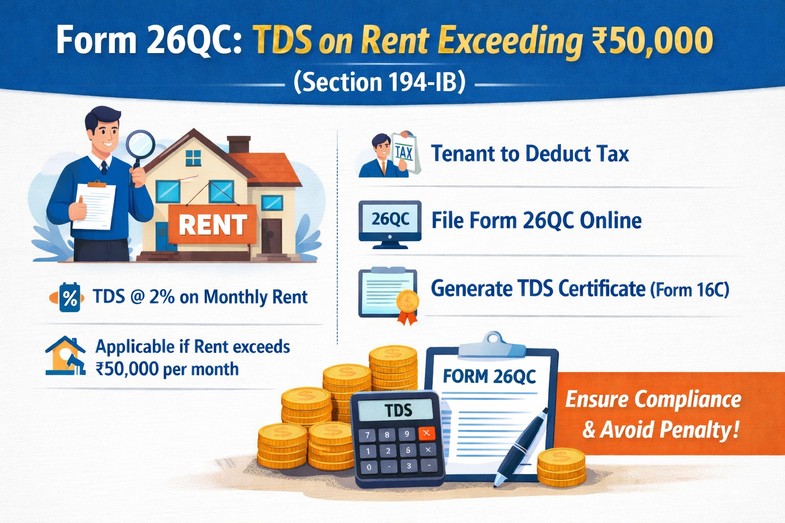Ministry of Corporate Affairs has introduced DIR-3 e-KYC to conduct KYC verification for all the persons who have been allotted DIN (Director Identification Number). DIN is a unique 8 digit number allotted to a person who wishes to become a director of a company. Thus any person who holds a DIN is mandatorily required to file DIR-3 KYC with MCA.
In today’s times, getting a higher education has become a point of concern where the fees for such education are touching the sky. As they say, the only thing costlier than education is ignorance.
Our finance minister had announced in the Union Budget that a facility for an instant e-PAN shall be launched. Accordingly, this facility has been launched and available where taxpayers can apply for PAN basis the Adhaar they hold. Through this facility, applicants can apply and get PAN immediately and free of cost.
Every assessee, to whom GST is applicable, pays the GST in the form of cash/bank transfer. Such a deposit reflects under electronic cash ledger in the account of the assessee on the GST portal. Thus this amount reflecting under electronic cash ledger is used to pay off GST taxes, penalty, interest, or any other amount payable under the GST Act.
As we are in the mid of March which is last month of the financial year, many of us are concerned as to where and how much to invest to save tax. As one can claim a set limit deduction from his / her income under the Income Tax Act, one must be very careful about the amount of investment.
















